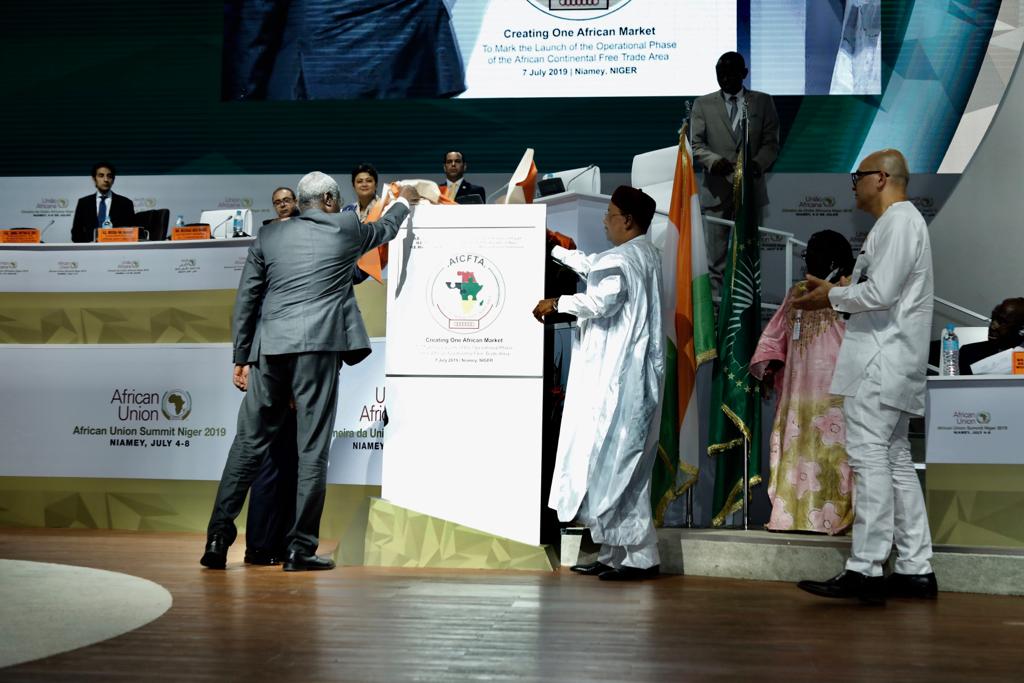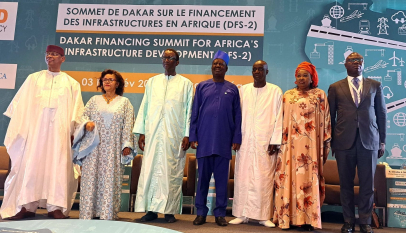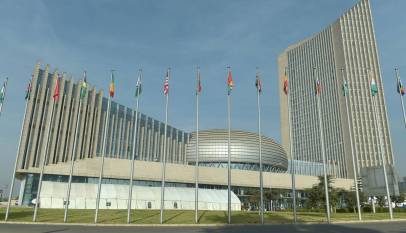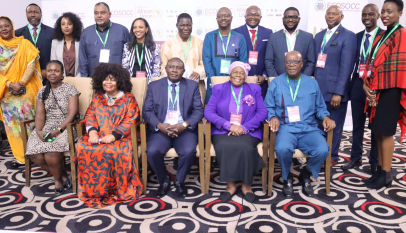AU launches AfCFTA, urges member states to ratify free movement protocol
The Heads of States of the African Union Sunday launched the operational phase of the African Continental Free Trade Area (AfCTA) – the largest free-trade space in the world by number of countries – aimed at expanding trade among African countries and boosting the continent`s economy for sustainable development.

The Chairperson of the African Union Commission Moussa Faki Mahamat believes the long-held dream of a single continental market, as envisaged by the inaugural summit of the Organization of African Unity (now African Union) in 1963, had finally come to reality, with the operationalization of the ambitious trade agreement on the occasion of the 12th Extraordinary AU Summit in Niamey, Niger.
“The African Continental Free Trade Area (AfCFTA) which we are launching today is one of the most emblematic projects of the African Agenda. The Founding Fathers must be certainly feeling proud – Kwame Nkrumah, Gamal Abdel Nasser, Haile Selassie, Hamani Diori and others must finally be saying – at long last!” said a statement by Mahamat shortly after AfCFTA came into operation.
“With its entry into force on 30 May 2019, the AfCFTA thus becomes the largest commercial space in the world. Africa, with population of 1.27 billion people, should reach 1.7 billion by 2030 and 2.5 billion by 2050, which is 26% of the world’s working-age population and nearly 70% of this population, is under 30 years and more than half are women. The growth of the African economy should be twice as fast as that of the developed world. Africa is the second largest Continent and second largest in terms of population in the world,” the statement added.
Mahamat said from its onset, AfCFTA would be supported by a well-defined rules of origin, schedules of tariff concessions in the trade in goods, an online continental non-tariff barriers monitoring and elimination mechanism. Others are a Pan-African digital payment and settlement platform, a web-based and mobile application for business, as well as an African Trade Observatory portal.
As the operationalization of AfCFTA promises entrepreneurship, job creation and empowerment opportunities for African youths who are now vulnerable to many temptations including rural-urban exodus, migration, trafficking, cross border crimes among others. “The AfCFTA can only be effective if we open our borders to Africans. I want to stress the imperative need to ratify the Protocol on Free Movement which is a condition for free trade,” said Mahamat.

















